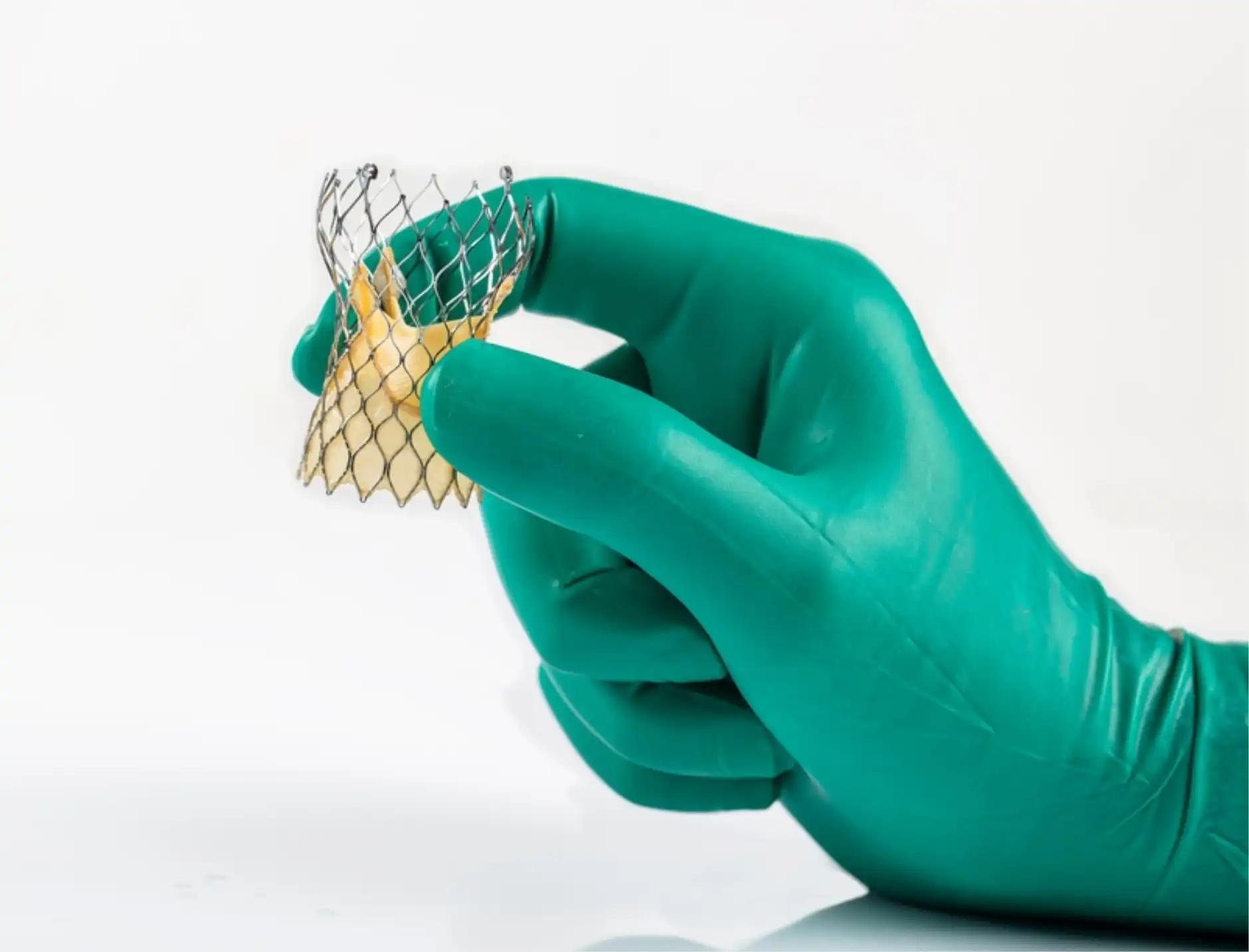How Long Does a Heart Valve Replacement Last?
Home > Blogs > How Long Does a Heart Valve Replacement Last?



Heart valve replacement surgery is a life-saving procedure for patients with heart valve disease, where the heart's valves become damaged or diseased. Whether it’s due to conditions like aortic stenosis, mitral valve prolapse, or rheumatic fever, heart valve replacement can significantly improve your quality of life and restore normal heart function. However, one of the most common questions patients ask is: How long does a heart valve replacement last?
In this blog, we’ll discuss the factors that affect the lifespan of a heart valve replacement, what you can do to extend its durability, and why Aayush Hospitals is the ideal place for this crucial procedure.
Types of Heart Valve Replacements
There are two main types of heart valve replacements: mechanical valves and biological valves. Each has its own benefits, risks, and lifespan.
Mechanical Valves: These are made of durable materials like titanium or carbon. They are designed to last longer than biological valves, often for 20 to 30 years or more. However, patients with mechanical valves need to take blood-thinning medications for life to prevent clot formation.
Biological Valves: Made from tissue taken from animals (usually pigs or cows) or donated human tissue, biological valves tend to wear out faster than mechanical valves. Their lifespan is typically 10 to 20 years, but they do not require lifelong blood-thinning medications. However, they may need to be replaced eventually.
The choice between a mechanical and a biological valve depends on several factors, including the patient's age, overall health, lifestyle, and the recommendation of the surgeon.
Factors That Affect the Longevity of a Heart Valve Replacement
Several factors influence how long a heart valve replacement will last, including:
Age of the Patient: Younger patients often receive mechanical valves because of their longer lifespan. Older patients may be more suited for biological valves due to the fewer long-term medication requirements.
Lifestyle and Health: A healthy lifestyle can extend the life of your valve replacement. Regular exercise, a balanced diet, and controlling other health conditions like hypertension or diabetes can help maintain good heart health and improve the lifespan of the valve.
Valve Type: As mentioned, mechanical valves generally last longer than biological valves. The patient’s age, activity level, and the doctor’s recommendation play a key role in determining which valve is best suited for replacement.
Follow-Up Care: Regular check-ups with your best heart surgeon in Junagadh are essential to monitor the condition of the heart valve and prevent complications that could affect its performance. Routine heart imaging, like echocardiograms, will help track the valve's condition and detect any early signs of wear.
Complications or Infections: Infections or complications following surgery can affect the lifespan of the valve. Keeping track of your recovery and following the surgeon’s advice will help avoid these risks.
What Happens After the Valve Replacement?
After undergoing a heart valve replacement, patients are generally able to resume their normal activities, though the recovery process takes time. Most patients will be able to return to work or light activities within a few weeks, while it may take several months for a full recovery. During this period, it’s important to adhere to lifestyle modifications such as:
How to Increase the Lifespan of Your Heart Valve Replacement?
While the type of valve plays a significant role in its longevity, the patient’s lifestyle choices are also crucial in ensuring that the replacement lasts as long as possible. Here are some tips to help extend the life of your valve replacement:
Regular Monitoring: Regular follow-up visits with your best cardiothoracic surgeon in Junagadh are crucial. Your doctor will monitor your heart’s condition and the valve’s function to ensure there are no complications.
Heart-Healthy Lifestyle: Eating a balanced diet rich in fruits, vegetables, lean proteins, and whole grains, as well as maintaining an active lifestyle, can help your heart valve function properly for many years.
Medication Adherence: If you’ve had a mechanical valve replacement, it’s essential to follow your doctor’s instructions regarding blood-thinning medications to prevent blood clots and ensure the longevity of your valve.
Avoiding Infections: Always take precautions to avoid infections, especially if you have a biological valve, as infections can cause the valve to deteriorate prematurely.
Why Choose Aayush Hospitals for Your Heart Valve Replacement Surgery?
At Aayush Hospitals, we are proud to be recognized as the best heart hospital in Junagadh. Our team of expert best cardiothoracic surgeons in Junagadh specializes in heart valve replacement surgeries, using the latest techniques and technologies to provide the best outcomes for our patients.
We understand that heart surgery can be a life-changing experience, which is why we are committed to providing compassionate, personalized care every step of the way. Our advanced facilities and experienced medical team ensure that your heart valve replacement is as safe and effective as possible.
At Aayush Hospitals, we offer the expertise of the best heart surgeon in Junagadh and the most advanced heart care to ensure the best possible results for our patients.
If you are considering heart valve replacement or need a consultation, contact us today to schedule an appointment with one of our leading specialists. We’re here to help you live a longer, healthier life.